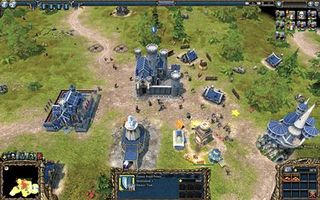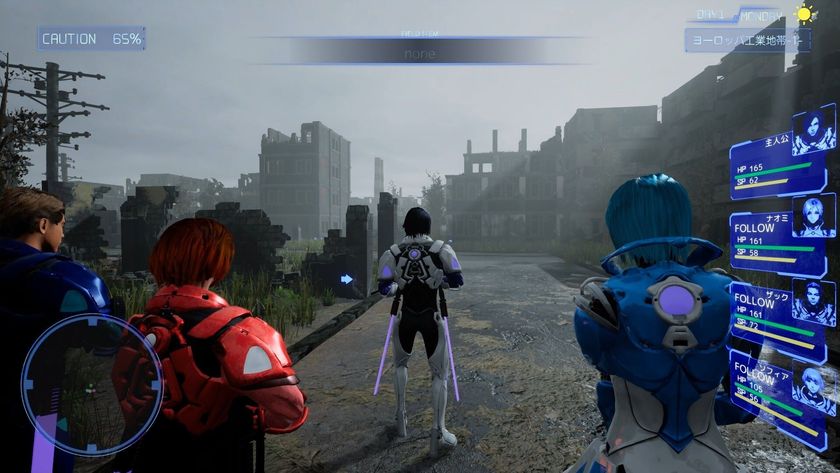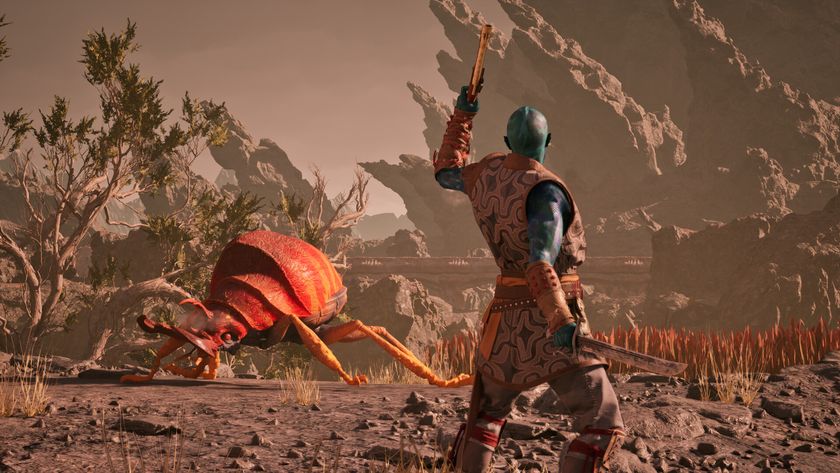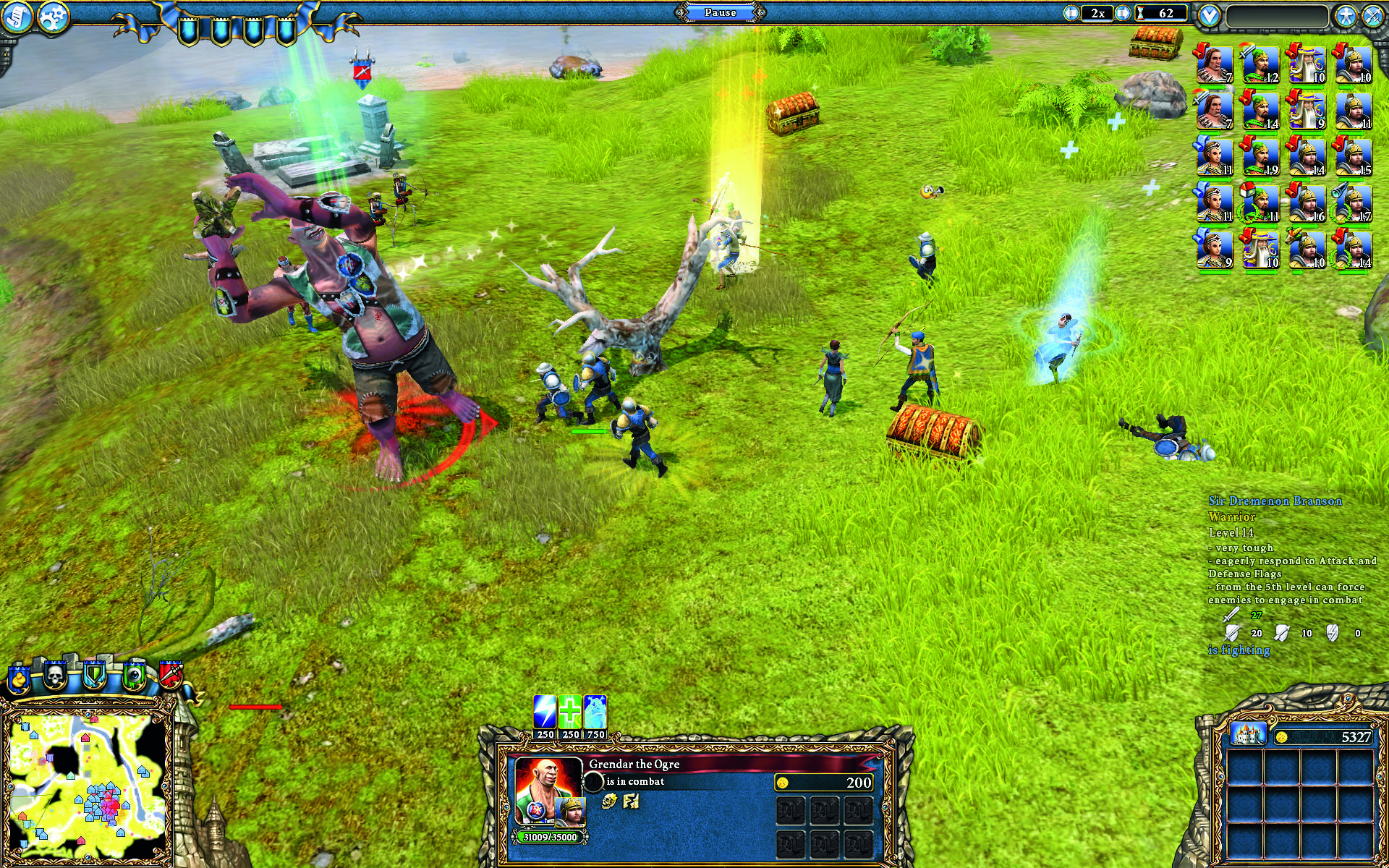12DOVE Verdict
Pros
- +
A different take on RTS
- +
Strangely compulsive
- +
A great idea
Cons
- -
Doesn't give you enough control
- -
Dumb AI frustrates
- -
Just isn't very fun
Why you can trust 12DOVE
If you’ve ever wondered who pays a hero 200 gold to walk 40 metres and kill a rat, there’s now a series of strategy games to answer that question. Majesty 2 is an RTS wherein you have no direct control over any units. All you can do is offer gold for the completion of objectives, and hope some nearby hero is short on cash and in the mood for a quest. It’s bizarre. But it’s fascinating, so it takes a long time to realise you’re having very little fun. It’s such a novel, obtuse challenge, to defend a kingdom and vanquish evil using only a form of batshit capitalism, that it’s initially sort of compulsive.

Your heroes will kill what’s in front of them for free, and gain experience for doing so. But once you’ve given them a market to buy health potions from, an inn to rest up at, and a guild to go home to, it’s an expensive and unreliable process to persuade them to destroy that bear den 50 metres down the road. Your economy scales up quickly, so soon that you'll have thousands of gold to waste greasing the palms of your self-important twats, but even ridiculous bounties only inspire one or two parties to wander over in their own time and get slaughtered by superior numbers.
Case in point: the Elf Bungalow is under attack. This is where our elf heroes come from, where they live and the source of their power. We are offering 500 gold for someone, anyone to defend it. Our ten heroes are mostly trundling around town dealing with the minor but constant influx of threats from the city sewers, but there’s a high-level elf inside the building. Finally he feels up to leaving, walks past the attacking monsters, and treks halfway across the map to investigate an ‘explore’ quest we set up at the start of the game. There’s a crash as his home and livelihood collapses, and another as our head hits the keys.
A hero management game is a lovely idea, and the level of simulation here is rich. Watching simulated RPG protagonists kill things, level up, take your money, and spend it in your shops is a Machiavellian pleasure – a little like being Blizzard for a day. And indirectly controlling them with cash incentives is a fun way to interact with that system.

The problem isn’t any of that stuff; it’s that the game tries to use those principles as the control method for a very standard RTS. You create these heroes from your own guilds like standard RTS units, so it seems absurd that you’re not in charge of them. The game throws massive, immediate threats at you throughout, so it seems absurd that your heroes take so long to respond. And your objectives are for their protection as much as yours, so it seems absurd that you have to bribe them to fight. For the kind of game they’ve tried to make, this convoluted command structure is completely pointless.
Oct 8, 2009
More info
| Genre | Strategy |
| Description | A hero management game is a lovely idea, and the level of simulation here is rich. The only problem is that the game tries to use its hero-guiding principles as the control method for a very standard RTS. |
| Platform | "PC" |
| US censor rating | "Teen" |
| UK censor rating | "Rating Pending" |
| Release date | 1 January 1970 (US), 1 January 1970 (UK) |

Blood of Dawnwalker devs explain how the vampire RPG's "narrative sandbox" builds on what they were "known for crafting" in games like The Witcher 3

Persona and Metaphor: ReFantazio composer's new JRPG gets a Steam Next Fest demo, and it's basically a turn-based Metal Gear Solid

Avowed is nothing like Bethesda's RPGs, but The Elder Scrolls 6 should take inspiration from its combat
Most Popular





